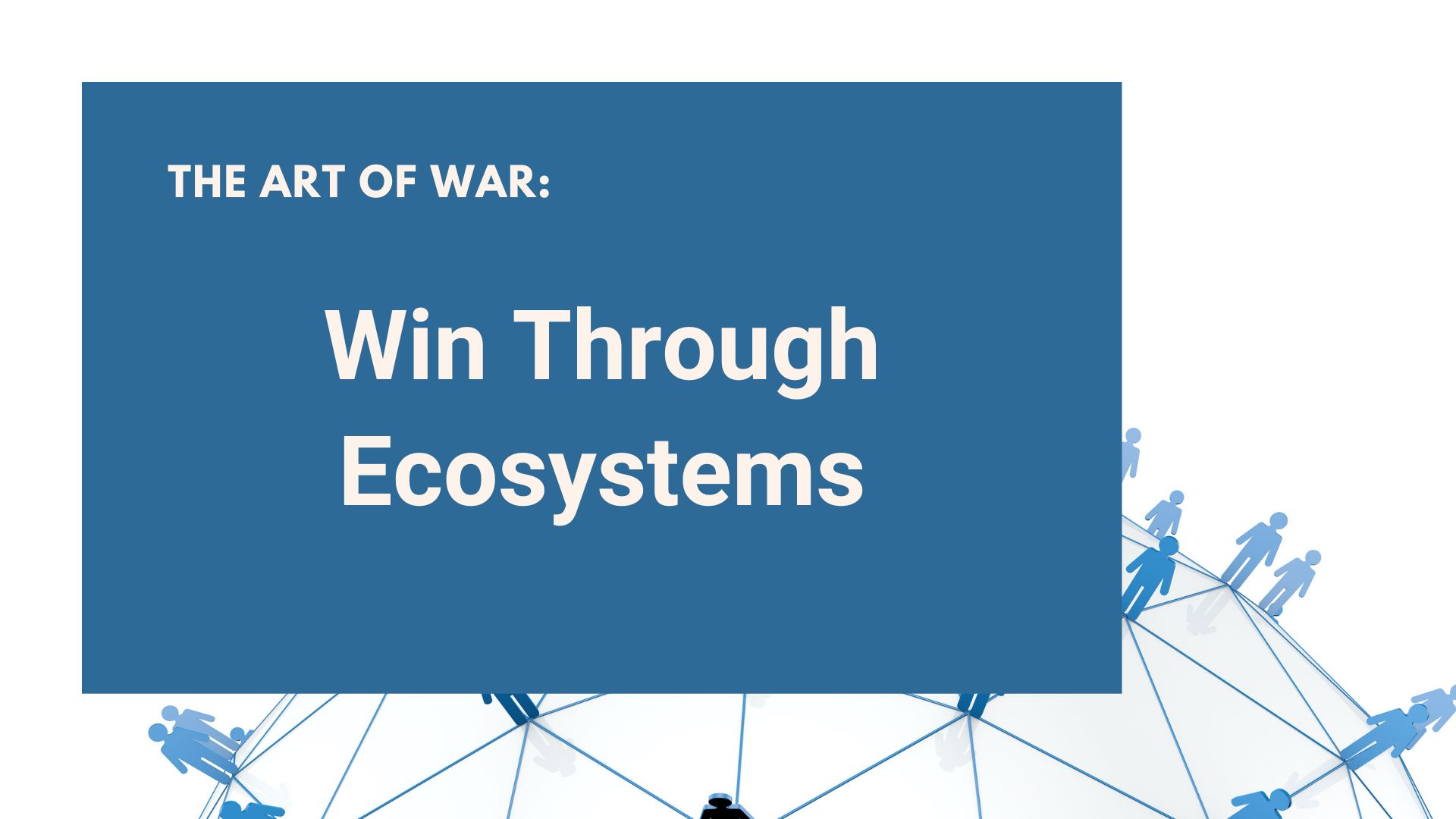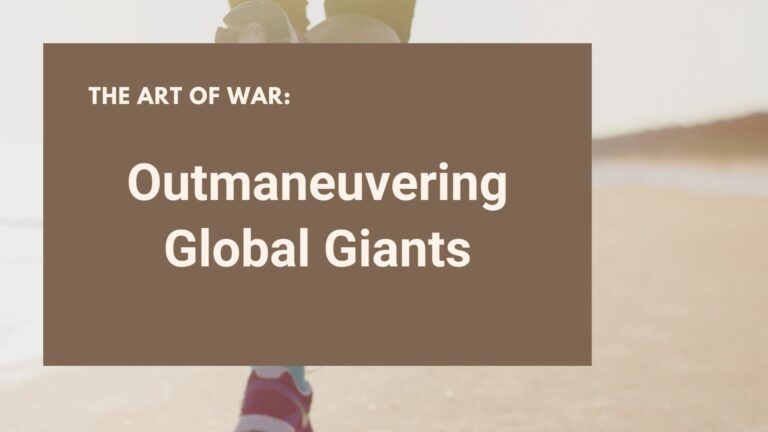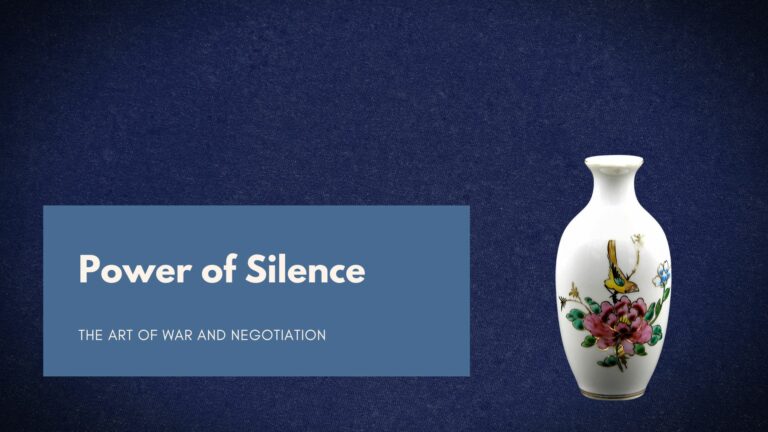From Outsourcing to Ecosystems: Sun Tzu’s Guide to Business Success
In today’s volatile business landscape, efficient resource management is not just about cost-cutting or outsourcing but strategic acquisition and allocation. To navigate this complexity, we can turn to an unexpected yet timeless source of wisdom: Sun Tzu’s The Art of War.
One of his most relevant teachings states:
“Bring war material with you from home, but forage on the enemy. Thus, the army will have enough food for its needs.”
Translated into business strategy, this means leveraging internal strengths while tapping into external resources efficiently. Several companies have mastered this principle, disrupting industries without owning traditional assets:
- Airbnb revolutionized hospitality without owning real estate.
- Uber transformed transportation without maintaining a fleet.
- Shein innovated fashion retail by integrating suppliers into product development.
Shein’s Ecosystem Approach: A Case Study
Unlike traditional fashion houses that control design in-house, Shein operates as an ecosystem. Instead of relying on a large internal team, Shein empowers suppliers by providing materials, patterns, and guidelines while allowing creative flexibility. This approach ensures rapid innovation, maintains brand consistency, and reduces overhead costs—all without sacrificing competitiveness.
Beyond Outsourcing: Building Business Ecosystems
The true power of this strategy lies in cultivating ecosystems rather than merely outsourcing tasks. Companies that apply Sun Tzu’s principles don’t just build businesses; they create environments where partners and suppliers thrive alongside them.
This aligns with another of Sun Tzu’s famous teachings:
“The supreme art of war is to subdue the enemy without fighting.”
In business, this translates to achieving market dominance through strategic partnerships and innovative models rather than direct competition. By fostering collaboration, companies position themselves as indispensable hubs within their industries, ensuring long-term sustainability and success.
By creatively applying Sun Tzu’s wisdom, modern businesses can navigate market complexities with agility, turning strategic resource management into a competitive advantage.



